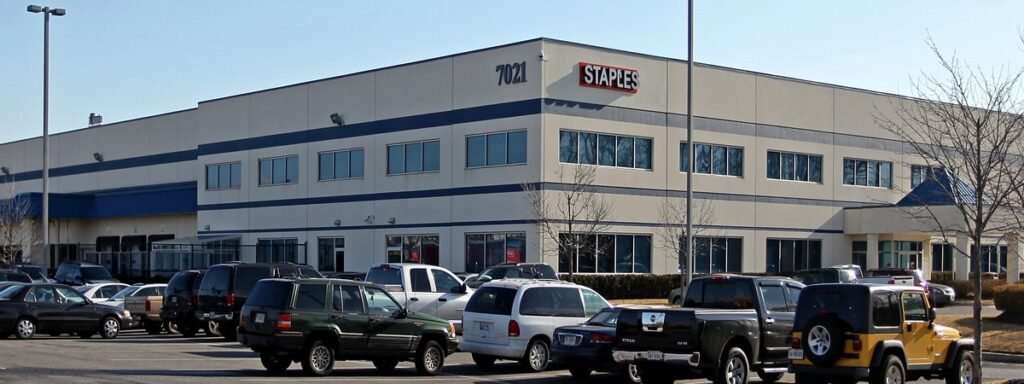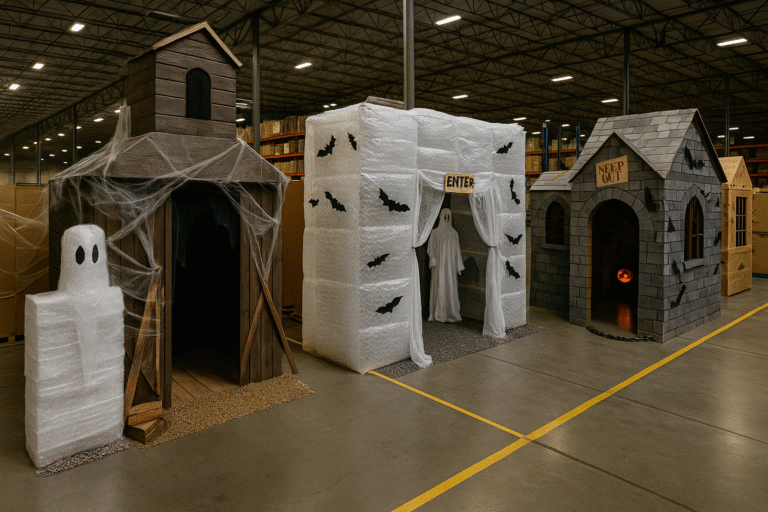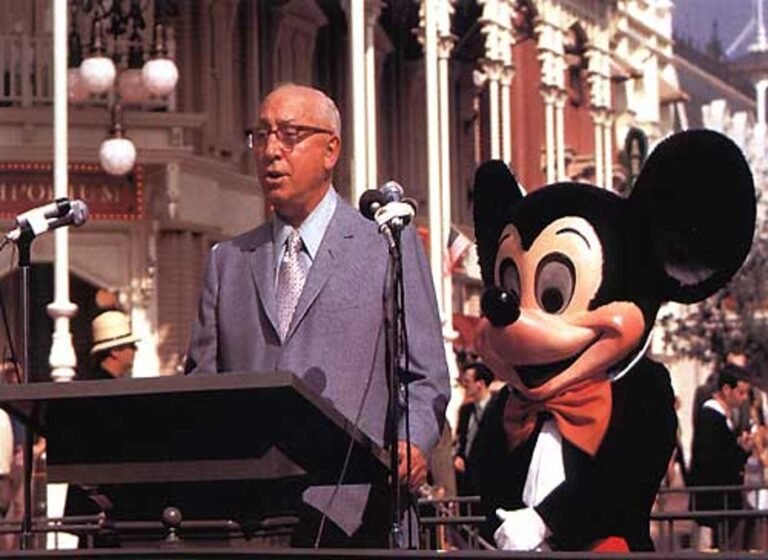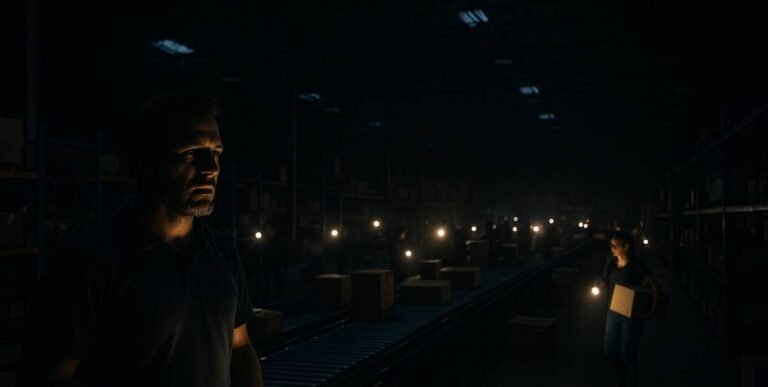When the Warehouse Made Me a Leader
Several years into my career, I was working in a massive Staples distribution center — a million-square-foot warehouse that pulsed with motion. I was an Industrial Engineer, responsible for standards and continuous improvement.

To be honest, I didn’t know much about warehousing at the time. But I was eager to learn.
Retail distribution is an orchestration of chaos. You’re trying to pick and ship everything a store needs — from pens and pencils to mini-fridges, from copy paper to cash registers. Everything must depart at the same time and arrive at the correct location. Do that once, and it’s impressive. Do it fifty times an hour, across hundreds of stores, and it’s an art form disguised as science.
Every morning and evening, we gather at the whiteboard for our shift plan. All the managers stood shoulder to shoulder — shipping, receiving, maintenance, engineering — discussing batch schedules, bottlenecks, truck times, and staffing moves.
These meetings were intense. If one department fell behind, the whole building did. A single missed batch could delay dozens of trucks, leaving stores short on product — and customers short on patience. Failure wasn’t an option.
The people who underwent that pressure were the Team Managers — one for days and one for nights. They were the heartbeat of the building. They knew the flow, the rhythm, the personalities, the thousand invisible details that made the system work.
I watched them closely, learning not just how they managed operations, but how they managed people.
Six months in, the Operations Managers decided the Saturday shift needed a leader. The Team Managers worked Monday through Friday, but the building was open six days a week. So, they asked a few of us department heads to rotate the role — one Saturday a month, we’d each serve as the Acting Team Manager.
Count me in. This was my shot. I wanted the pressure, the responsibility, the opportunity to prove I could do it.
The First Saturday
I was anxious all week leading up to my first shift. I learned that tradition required showing up with sausage biscuits for the morning meeting — apparently, that was how you earned credibility.

I also learned that the Ops Manager might call at any time to check our numbers—and I’d need to know every answer cold.
I was ready.
We started at 6:30 a.m. and ran for 12 hours. I decided not to come in like a storm. Instead, I let the team run their meeting while I observed and supported. They knew the work better than I did. I just needed to be there when they needed help.
At hour eight, the conveyor broke. Fifteen minutes of downtime can ruin a shift. I stayed with the maintenance team, learning how to lace a belt. I didn’t fix it, but I was there.
At hour ten, the power flickered and crashed our WMS. Ten minutes offline, and we were dead in the water. I learned where the server room was and how to reset the system. I didn’t fix it, but I was there.
By 7 p.m., the building was nearly empty. Every conveyor was clear, every truck loaded — except one.
The last trailer couldn’t be sealed because it needed to be pulled back from the dock. And the “goat” — the yard truck used to move trailers — was gone for the day. Without that, we were stuck. The load couldn’t ship until Monday.
It was just me and Shane, the shipping supervisor. We’d worked side by side all day, solving problems, chasing recovery, building momentum. And now we were about to fail because of one missing piece of equipment.
We stood there, silent, staring at that final trailer. Then Shane said, “Did you hear that?”
I didn’t.
Then I did — a truck brake release.
A rig.
We looked at each other, sprinted out to the lot, waving our arms like maniacs. The driver rolled down his window, probably wondering what was wrong with us. Within minutes, he hooked the trailer to the truck, pulled it from the dock, and sealed it up for shipping.
7:22 p.m., twelve hours, countless fires, and one small miracle.
We didn’t celebrate quietly. We jumped up and down like we’d won the Super Bowl. We were exhausted, dirty, and completely alive.

Leadership Lesson
That Saturday in central Maryland, I discovered what leadership truly feels like — something no classroom could ever teach.
Leadership doesn’t feel like a title — it feels like a weight. It’s the knot in your stomach when the system breaks, the calm you find when everyone’s watching, and the quiet satisfaction when the last trailer door finally closes.
Standing there with Shane in that empty warehouse, hearing the brakes and watching that final truck pull away, I realized we hadn’t just met the goal — we’d earned it.
We didn’t do it because I was in charge.
We did it because we refused to quit when it mattered most.
That night, the warehouse didn’t make me a leader. The people did.





